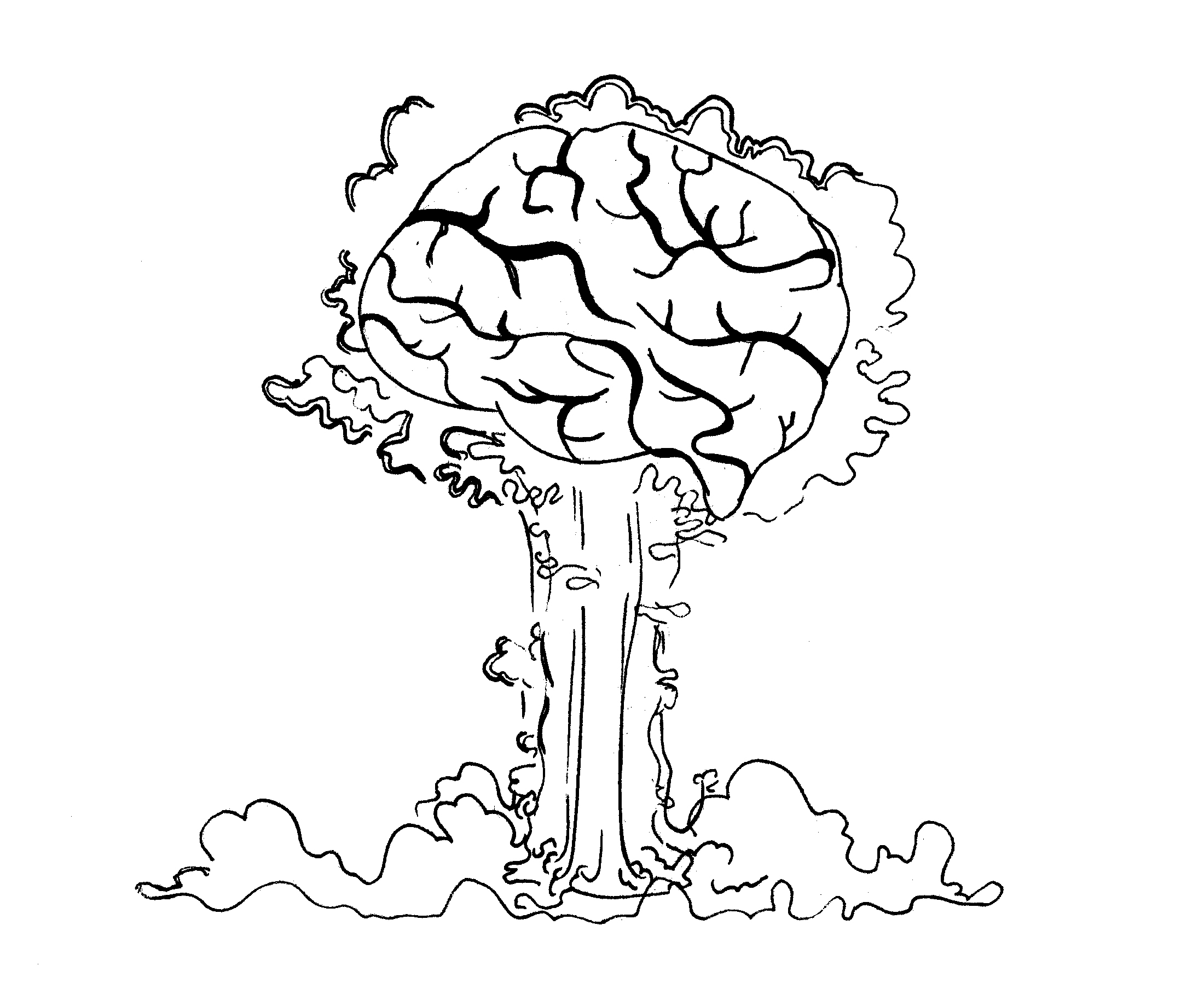Science beyond the bench: the need for a more holistic education
April 26, 2019
 This
piece represents the opinion of the author
.
This
piece represents the opinion of the author
.
 Sophie Washington
Sophie WashingtonThere are three weeks left in my undergraduate education in neuroscience at Bowdoin, and I have yet to take an ethics class on scientific practice. In most science programs across the globe, students are in this same situation: having learned the wonder of our craft, but never considered its philosophy and consequences for more than two lectures. In our introductory classes, we go through the worst cases of experimentation in history and take Institutional Review Board (IRB) online trainings, but we do not have time to question the ethics that are guiding science today.
Science has brought many of the powerful tools for good in the world, but left unguided it has also created the most dangerous weapons. The atomic bomb and chemical weapons, the latter used most recently in Syria up until last year, are the most well-known cases of science used for evil. New disciplines like computer science and neuroscience have created a potential for ever more helpful technology, but also more harmful, controlling and invasive weaponry. What is most harmful is that we only rarely examine whether we should use science to create killer robots and super soldiers, or whether we should punish those who do. These extremes seem far removed from the research most do, but there can be dire consequences to seemingly benign experiments. The controversial project led by a team at the Southern University of Science and Technology in Shenzhen, China, who used the new genetic deletion tool CRISPR in humans last year, is just one example of the new dangers the world can face if science is left undiscussed and unregulated.
Even though IRBs verify whether research is ethical, there are currently no common global values of what the review process of experiments should be, nor defined international laws to keep scientists accountable for their work. In some cases, IRBs cannot immediately intervene—such as in the case of accidental findings and inadvertent engineering of harmful elements—nor can they regulate how discovery will be used in the future.
Say scientists discover technology which can make brains better at mathematics. Should we make that technology widely available? Some may say that advancing the brain artificially could lead to ever better engineering and discoveries. But there is also a risk where commercialization may lead to more harm than good, such as by widening social disparities and changing schooling forever. Should scientists take a Hippocratic oath to only develop technology which is not damaging? There are many questions to be discussed, and there should be a space in every scientist’s life to properly exchange on them and find ways to regulate outcomes with lawmakers as technology advances.
The key is to make science aware of itself, not slow it down. We should discuss solutions for projects with a potential for dual-use, the possibility to use a new finding in a beneficial and a harmful manner; perhaps there could be international laws that the technology is only used in the non-harmful context. In our math example, the scientists who discovered the technology should be able to limit its use to therapeutics if they want to. But to arrive to these solutions, there must first be discussion within our community. Because considering dual-use is not only a question of morals, but also one of public health safety and global security.
This discussion must start from the beginning of science education, because students are the creators of tomorrow’s science. Adding an ethics course in crowded major requirements may be difficult, but it is essential to understand science in its holistic implications and not solely consider the publishing of findings. Regular conferences/debates with science majors to address these questions could help introduce meaningful conversation about current practices and their impact.
Science discovers the wonders of Earth and the universe and helps human lives. But science is advancing so fast that there is little time to ask key questions which need to be debated. With great power comes great responsibility, and all those who practice science should consider the broader impact of their work and what it is what they wish to bring to generations after them. Scientists are considered some of the most educated members of society, but if we do not keep our means and impact in discussion and those who break our rules accountable, our lack of education will be our downfall.
Salomé Lepez Da Silva Duarte is a member of the Class of 2019.

Comments
Before submitting a comment, please review our comment policy. Some key points from the policy: